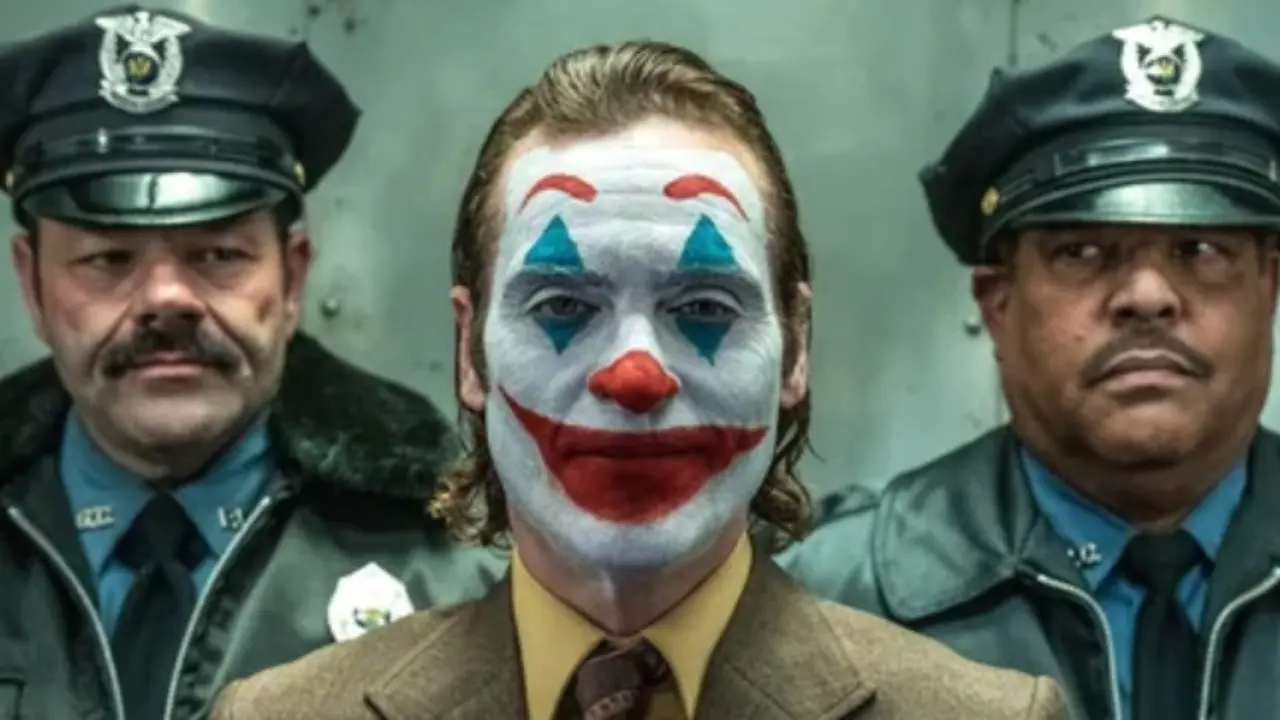The calls are coming from inside Arkham Asylum. Comedian Tim Dillon, who appeared in last month’s Joker: Folie à Deux, recently described the Joaquin Phoenix–Lady Gaga film as “the worst film ever made” while chatting with podcaster Joe Rogan.
Dillon, who had a minor role as an Arkham guard in the sequel to the 2019 film Joker, shared his candid thoughts during an appearance on The Joe Rogan Experience on November 6, recounting his time working on Todd Phillips’ latest comic book-inspired film.
In the discussion, Dillon, 39, noted how the first Joker film received backlash for being embraced by certain groups, leading to criticism that it was fueled by “male rage” and “nihilism.”
Reflecting on this, Dillon said, “I think what happened, after the first Joker, there was a lot of talk like, ‘Oh, this was loved by incels. This was loved by the wrong kinds of people. This sent the wrong kind of message.’”
The first Joker portrayed Arthur Fleck (Phoenix) as a deeply alienated and troubled individual whose journey through Gotham led him to violent extremes.
That film garnered significant praise, earning Phoenix an Oscar for Best Actor and raking in over $1 billion worldwide. It even received a Best Picture nomination.
For the sequel, Joker: Folie à Deux, Phillips took a different creative approach, blending music and dance into the narrative—a shift that Dillon feels contributed to the film’s lackluster reception.
He explained to Rogan, “I think [they thought], ‘What if we went the other way?’ And now they have Joaquin Phoenix and Lady Gaga tap dancing to a point where it’s insane.”

Dillon also criticized the film’s lack of plot, something he and other supporting actors remarked upon during filming.
“Me and these other guys were all dressed in these security outfits because we’re working at Arkham Asylum, and I would turn to one of them, and we’d hear this crap, and I’d go, ‘What the f— is this?’” Dillon said. “And they’d go, ‘This is going to bomb, man.’ I go, ‘This is the worst thing I’ve ever seen.’”
He continued, sharing his confusion about the storyline: “We were talking about it at lunch, and we’d go, ‘What is the plot? Is there a plot? I don’t know, I think he falls in love with her in the prison?’”
Many critics echoed Dillon’s sentiments. Joker: Folie à Deux, which follows Arthur’s incarceration and his budding romance with Gaga’s character, Lee Quinzel, received mixed reviews.
It also underperformed at the box office, making only $40 million during its opening weekend, a stark contrast to the one-day earnings of the first film.
Before the sequel’s release, Phillips defended his creative choices in an interview, saying, “What happens when a guy who hears music inside his head finds love for the first time in his life? Maybe the music that he hears inside his head starts coming out.
Why wouldn’t that music come out when he meets somebody who gives him the time of day? His biggest issue in the first movie, outside of childhood trauma, was a severe lack of love.”
Despite Phillips’ intentions, Dillon ultimately felt the film missed its mark entirely. “It’s not even hate-watchable. That’s how terrible it is,” he concluded.


